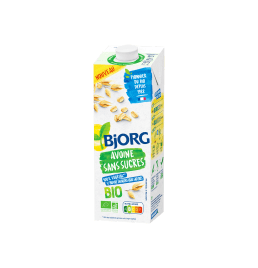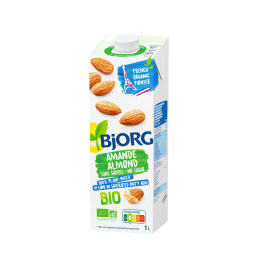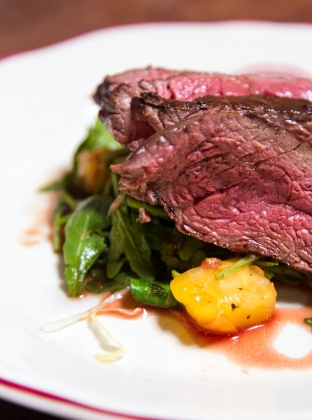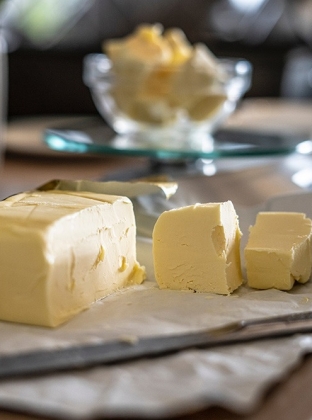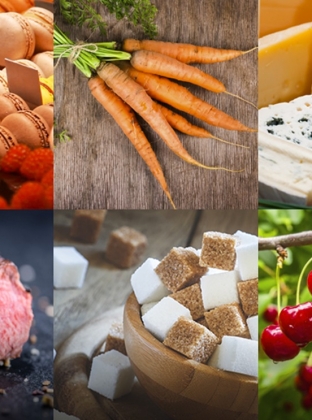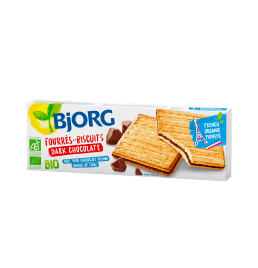
The expert’s comment: Gwenaëlle Fuzellier
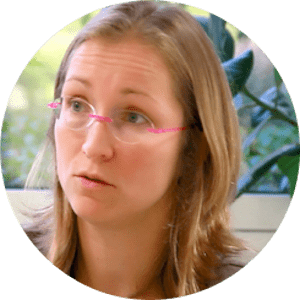
Gwenaëlle Fuzellier : “The WHO published a report in 2015 that classified red and processed meats as probable carcinogens. There is thus a growing body of evidence showing that eating too much red meat is linked to certain types of cancers, including colorectal cancer.”
What would be the solution?
Thomas Audoual
“There are more and more flexitarians. That is to say, they are vegetarian, they reduce their consumption of animal flesh, but allow themselves for certain occasions the consumption of meat,for example for a dinner with friends or a restaurant with family. »
Is there a risk of deficiency?
Julie Bavant
“ We usually eat more proteins than we should so, in my opinion, that’s a false debate. You can find everything you want in the plant world and eat in a healthy, balanced, super tasty way without having to eat meat, fish, dairy products and animal by-products in general. »
Gwenaëlle Fuzellier
“There is no evidence that eating veggie food leads to deficiencies if th nutrition and diet are appropriate. It is important to keep great nutrition concepts such as eating fruits and vegetables in sufficient quantities (5 fruits and vegetables per day); consume more legumes to compensate for reduced meat consumption ; eat whole grains ; do not consume too much added sugars and do not consume too much salt. »
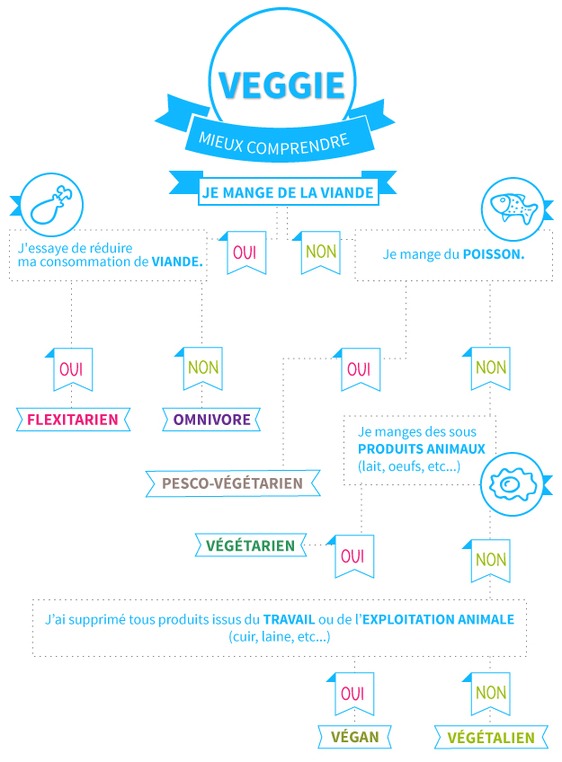
Julie Bavant
” Eating vegetarian food does not bring any deficiency. We have absolutely everything we need, all the necessary vitamins and all the necessary nutrients when eating vegetarian food. You just have to vary. An omnivore who only eats steak and French fries would have as many deficiencies as a vegetarian who only eats salad. My daughter is a vegetarian, it’s been three years now and she’s never sick, she grows up well. She is 14 years old and she is taller than me, she is full of energy and very clearly she has no food deficiency. »
Thomas Audoual
“What you need to know is that when you’re a vegetarian or a vegan there’s a vitamin you may miss, it’s vitamin B12. But it is entirely possible to take vitamin B12 supplements and be perfectly healthy. »
“ There is a real over-consumption of animal products and this has an impact from the ecological, moral (I am talking about animal suffering) and health standpoint.”
Some definitions
- Flexitarian: Person who eats little or no meat and fish on a daily basis, but who remains flexible depending on the opportunities presented to them (family meals, dinner with friends, etc.). The person wants to fight the overconsumption of animal flesh by reducing its consumption.
- Omnivore: A person who eats food of plant and animal origin. She eats “everything.”
- Pesco-vegetarian: A person whose diet excludes animal flesh except fish products.
- Vegetarian: A person who has chosen to remove animal flesh (meat, fish, shellfish and seafood) from his diet.
- Vegan: A person who, like vegetarians, does not eat animal flesh, but also excludes animal by-products (dairy products, eggs, gelatin, etc.).
- Vegan lifestyle: Vegans have removed all animal products and by-products, but beyond this diet, some of them also remove from their consumption products from animals, tested on them, resulting from their work or exploitation (leather, wool, beeswax, etc.). This is why veganism is considered a way of life.



